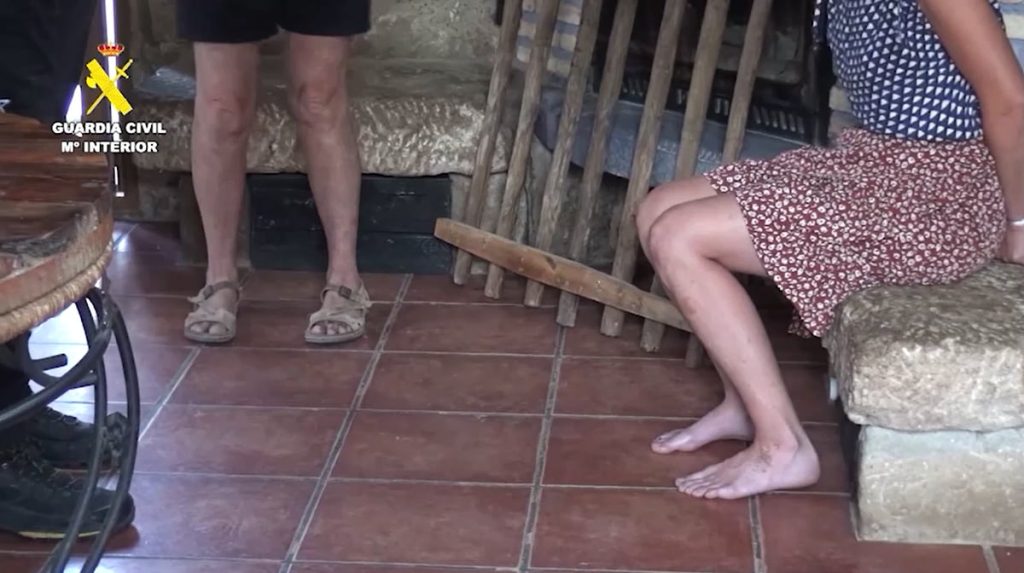A group of collectives specializing in helping victims of cults went to the Congress of Deputies on Thursday with a clear goal: to ask lawmakers to use all legal means possible so that “nobody can be manipulated” for free in exchange for any type of benefit. They delivered 300,000 signatures gathered in different campaigns demanding a change in the Penal Code so that “coercive persuasion” or “abuse of weakness,” also known as brainwashing, be considered crimes punishable by up to eight years in prison. They posed for photos in front of the lions of the Congress. The main objective is to protect vulnerable individuals from falling victim to manipulative tactics in various social contexts.
In today’s society, where discussions extend beyond just religious beliefs to include personal fulfillment, success, and healing, the role of social media has become significant. Vulnerable individuals can be lured in by promises of curing illnesses or solving personal issues through pseudotherapies. Victims like Cristina, who have lost contact with family members due to being manipulated by coaches promising healing, highlight the need for legal protections against coercive tactics. RedUNE, the organization behind the initiative, hopes to raise awareness among political parties to prevent exploitation in Spain by enacting laws similar to those in countries like France, Belgium, and Luxembourg where coercive persuasion is already criminalized.
Carlos Bardavío, a lawyer specializing in cults and who authored the proposed legal reforms, emphasizes that many victims are discouraged from reporting abuse due to the complex legal procedures and the lack of clear definitions in existing laws. Victims often find themselves with limited resources and support, making it difficult for them to seek justice. RedUNE is pushing for legal reforms to provide victims with the necessary protections and support when faced with manipulative practices. The aim is to prevent situations where individuals fall prey to groups or individuals taking advantage of their trust or vulnerability.
A recent court ruling acknowledged for the first time that victims of a false spiritual leader had their personalities altered, highlighting the devastating effects of coercive persuasion. The case of Patricia Aguilar, who was captured by a guru online in 2017 and freed a year later in Peru, shows the urgency of enacting laws against cults and coercive tactics. Without legal frameworks to address coercive manipulation and influence, victims remain trapped in dangerous situations, unable to seek help or accountability for their abusers. The involvement of victims and their families in pushing for legal reforms is crucial in ensuring a safer and more protective environment for individuals vulnerable to manipulation.
Representatives from various victim associations, including those affected by Santería and Jehovah’s Witnesses, have come together to advocate for the protection of minors and individuals who have been misled by cults. The focus is not just on financial scams but also on protecting individuals from psychological and emotional exploitation. The stories and experiences shared by victims and their families shed light on the urgent need for legal frameworks that recognize and penalize coercive tactics used by cults and individuals seeking to control and manipulate others. By uniting efforts and raising awareness, these collectives aim to create a safer society where vulnerable individuals are not left defenseless against abusive practices.


